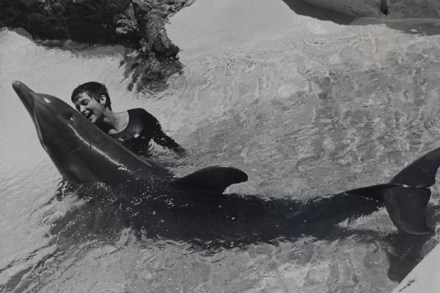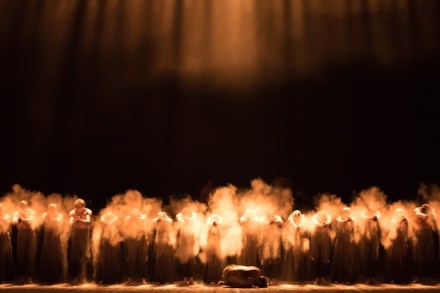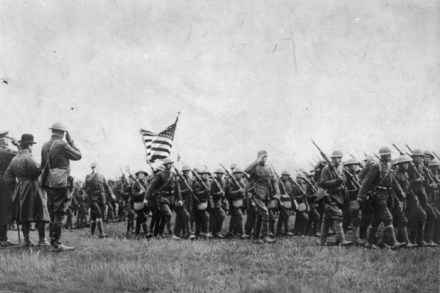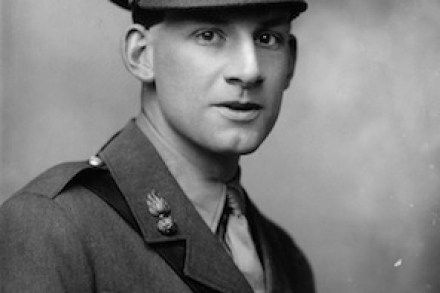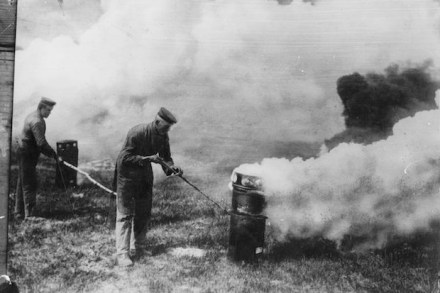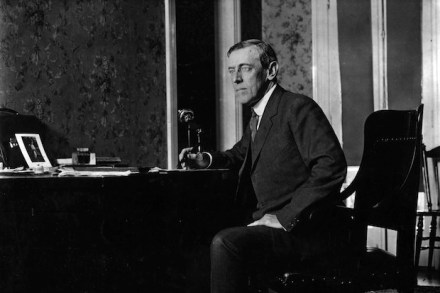The secret brilliance of Prince Philip’s ‘gaffes’
Prince Philip has died at the age of 99. Writing in 2015, Harry Mount reflected on the Duke of Edinburgh’s personable style and sense of public service. I’ve just been on the receiving end of a Prince Philip gaffe, of sorts, and I loved it. It was at a lunch last week at the Cavalry and Guards Club for the Gallipoli Association — the charity that commemorates victims and veterans of that tragic, doomed campaign. For 40 years, the Duke of Edinburgh has been the association’s patron. And so, in Gallipoli’s centenary year, he came to the association’s lunch. Before lunch, he roamed at will around the cavernous drawing room, chatting



